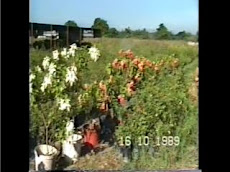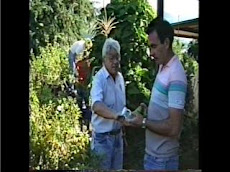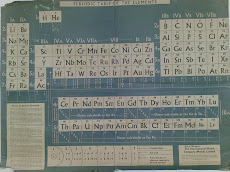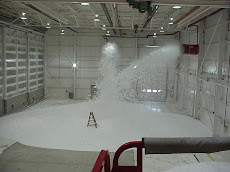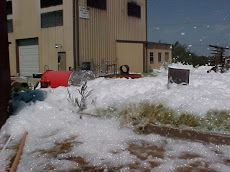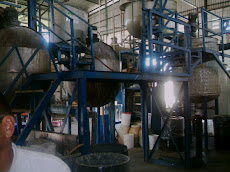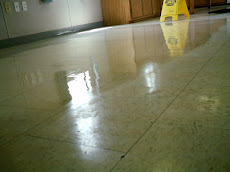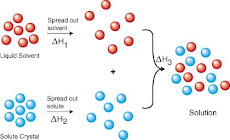Walnut shells are used in many
polishing and/or deburring applications. Walnut shell media is used for
polishing or cleaning fine metals, alloys, mechanical parts, shell cartridges,
eye glass lens, rocks, stones, coral, ivory, beans, and seeds.
Jewelers use walnut shell media
treated with rouge in both tumbling and vibratory applications for polishing
gems and fine jewelry.
When polishing the media size should
be small enough to freely pass through openings or large enough to avoid lodging
in openings or crevices.
Ground walnuts shells are a type of abrasive
blast media used for cleaning.
Typical substrates are metals, fiberglass, woods, plastics and stone. The
walnut shells are ground to various sizes from coarse to extra fine depending on
the application. The walnut shells are used in the same manner as typical blast
media. Walnut shells are durable and can be re-used in many applications.
Walnut shells can remove matter from surfaces without scratching or pitting
underlying material.
Walnut shell is used in many
applications as a filler or extender. Paint and coating materials, resins,
pigments, plywood, adhesives, ceramics, dynamite, tile and livestock feed just
to name a few. Media sizes vary from coarse walnut shell to walnut shell
flour.
Walnut shell is used as lost
circulation material to combat typical operational problems associated with
drilling mud losses. Walnut shell is an easy and efficient solution to lost
circulation problems. Walnut shell does not significantly change mud properties
and can be removed and perhaps recycled with ease. Walnut shell is available in
coarse, medium and fin grit sizes.
Walnut shell is
biodegradable, non-toxic, environmentally safe
and cost effective for blasting. Walnut shell does not cause
silicosis.
The cosmetic industry uses walnut
shell media as an exfoliate in facial, body and foot scrubs. Walnut shell is
used by many, from the novice soap maker to the commercially distributed
cosmetic lines. Eco-Shell will aid in formulating the custom grit sizes
desired.
Walnut shell is used in many
applications as a filler or extender. Paint and coating materials, resins,
pigments, plywood, adhesives, ceramics, dynamite, tile and livestock feed just
to name a few. Media sizes vary from coarse walnut shell to walnut shell
flour.
Safety/Environmentally
Sound
◊ Non-toxic and biodegradable
◊ Requires no flammable solvents
◊ Dust free
◊ Natural product
◊ Use required on most U.S. Government contracts
◊ Found not to cause Silicosis (can occur from use of sand or silica products)
Cost Effective
◊ Cleans without leaving scratches or pitting
◊ Cleaned parts require no additional machining or fitting
◊ Cleans precision parts without a change in dimensions
◊ Non-corrosive
◊ Lightweight
◊ Pollution prevention
Fast
◊ Surface areas require no drying time
◊ Easy to use
◊ Fast clean up after use
◊ Easy disposal process
Elasticity and Durability
◊ Resistant to rupture and deformation
◊ Limited breakdown
◊ Can be re-used in various applications
◊ Non-toxic and biodegradable
◊ Requires no flammable solvents
◊ Dust free
◊ Natural product
◊ Use required on most U.S. Government contracts
◊ Found not to cause Silicosis (can occur from use of sand or silica products)
Cost Effective
◊ Cleans without leaving scratches or pitting
◊ Cleaned parts require no additional machining or fitting
◊ Cleans precision parts without a change in dimensions
◊ Non-corrosive
◊ Lightweight
◊ Pollution prevention
Fast
◊ Surface areas require no drying time
◊ Easy to use
◊ Fast clean up after use
◊ Easy disposal process
Elasticity and Durability
◊ Resistant to rupture and deformation
◊ Limited breakdown
◊ Can be re-used in various applications
|
Inventoried Media Sizes
| ||||||||||||||||||||||
| ||||||||||||||||||||||
|
Custom sizes available upon request.
Please contact our sales staff at info@ecoshell.com.
| ||||||||||||||||||||||
|
Eco-Shell, Inc.
| ||||||||||||||||||||||













